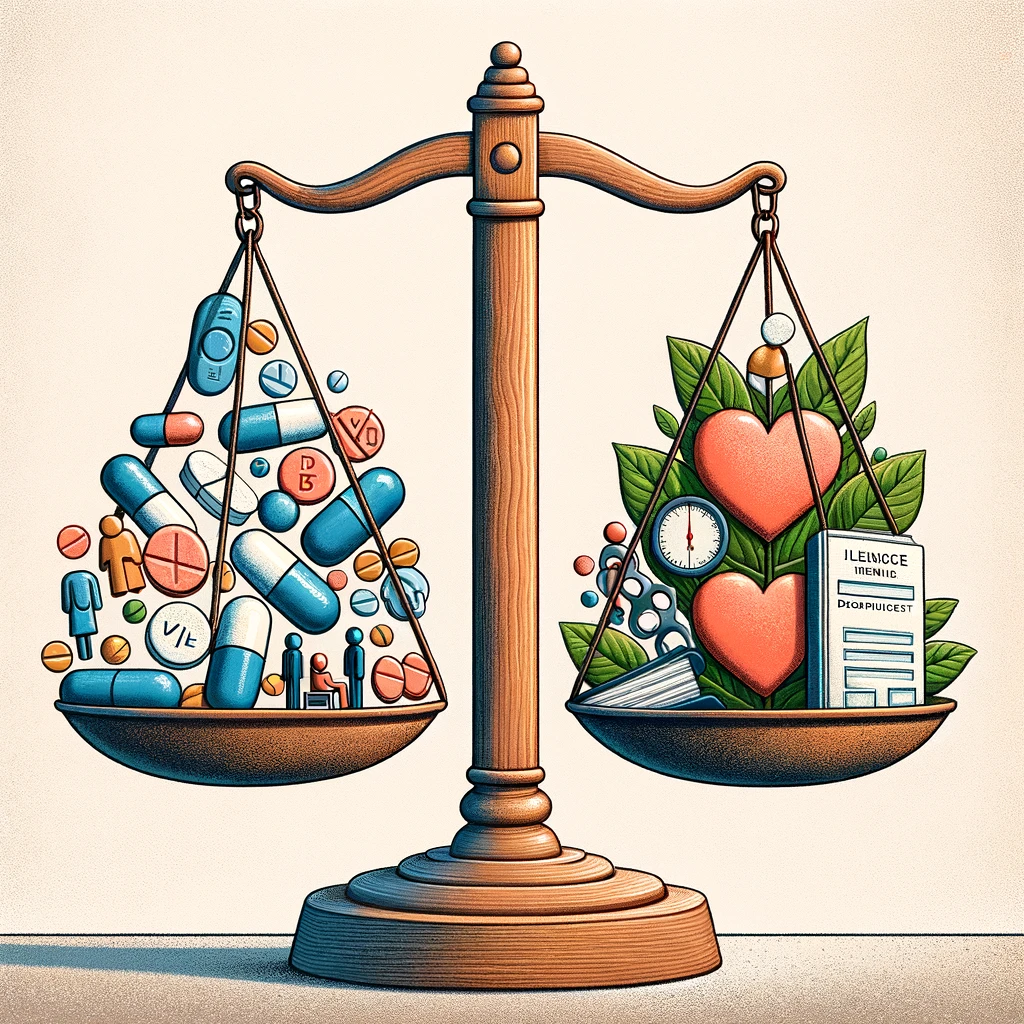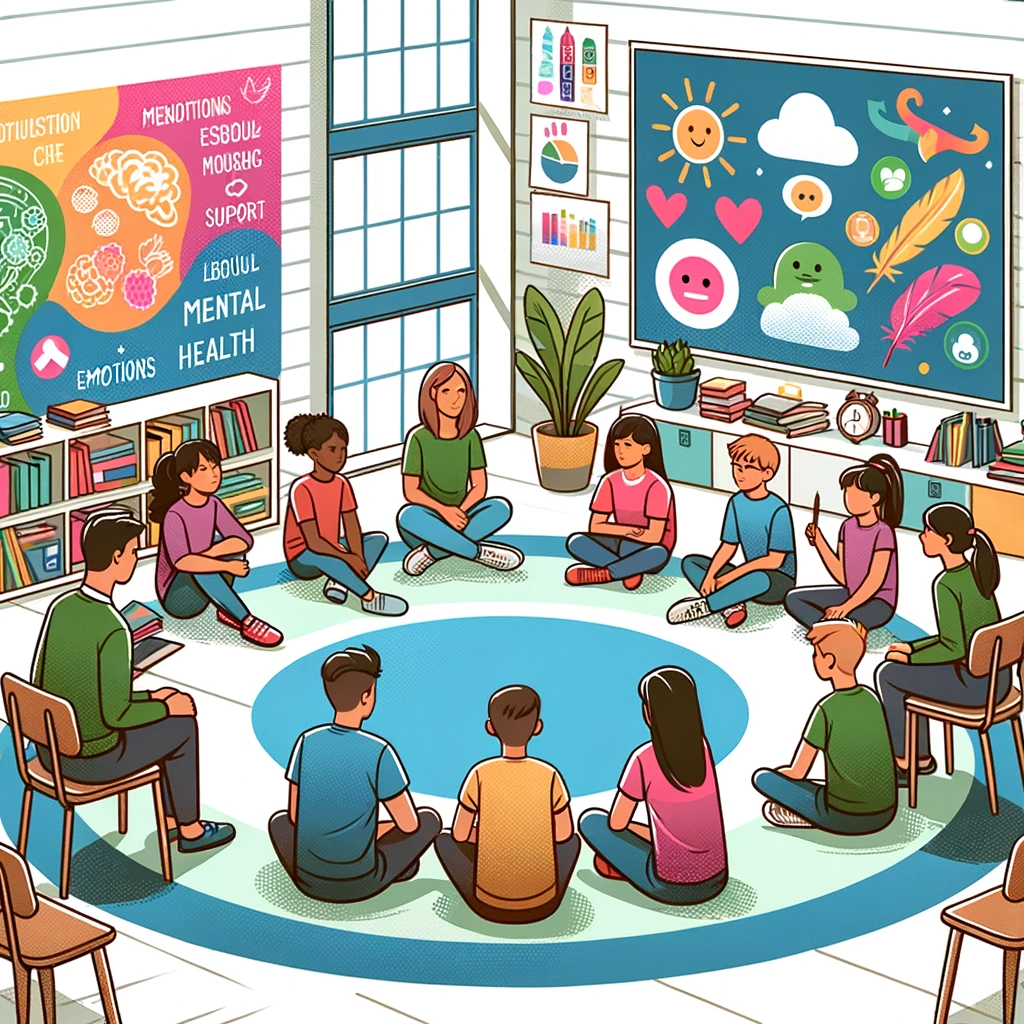
Employers’ Impact on Employees’ Children’s Mental Health
The mental well-being of employees’ children can be significantly influenced by workplace policies and the overall work environment of their parents. Employers play a crucial role in shaping these aspects, which indirectly affects the family dynamics and mental health of children. This article examines how employers can contribute positively to this often-overlooked aspect of employee welfare. Work-Related Stress and Family Life When parents experience high levels of stress at work, it doesn’t stay at the office. The stress often follows them home, affecting their mood, behavior, and how they interact with their family. Children are particularly sensitive to changes in
Read More
Meditation and Its Impact on Mental Health
In recent years, meditation has emerged as a powerful tool for enhancing mental health. Rooted in ancient practices, its benefits have been reinforced by modern science, offering a simple yet effective means to improve emotional wellbeing. This article explores how meditation impacts mental health and why incorporating it into your daily routine can be transformative. Reducing Stress and Anxiety One of the most well-documented benefits of meditation is its ability to reduce stress and anxiety. By focusing on the present moment and practicing mindfulness, individuals can break the cycle of worry and rumination that often fuels anxiety disorders. Studies have
Read More
Why Self-Diagnosis of Mental Health Issues Can Be Bad
In an age where information is at our fingertips, it’s tempting to turn to the internet for answers when we’re feeling unwell. This is especially true for mental health concerns, where symptoms can be complex and deeply personal. However, self-diagnosing mental health issues can be risky and potentially harmful for several reasons. The Risk of Misdiagnosis Mental health disorders often have overlapping symptoms. Anxiety and depression, for instance, can both lead to insomnia, difficulty concentrating, and changes in appetite. Without a professional evaluation, it’s easy to misinterpret these signs, leading to an incorrect self-diagnosis. Misdiagnosis can delay the receipt of
Read More
The Paradox of Excess: When Too Much Mental Health Help Can Be Harmful
In an era where mental health awareness is at an all-time high, the emphasis on seeking help and providing a myriad of support options is stronger than ever. While this increased focus is undoubtedly positive, leading to greater awareness and destigmatization of mental health issues, it also brings to light a less discussed concern: the potential harm of too much mental health help. This article explores the delicate balance between necessary intervention and the adverse effects of overdiagnosis and overtreatment in mental health care. The Rise of Mental Health Awareness The global conversation around mental health has shifted dramatically over
Read More
Breaking the Cycle: Addressing Intergenerational Mental Health Issues
Intergenerational transmission of mental health issues is a phenomenon where psychological problems or traumas experienced by one generation affect the mental health and well-being of subsequent generations. This cycle can perpetuate a range of mental health conditions, including anxiety, depression, and PTSD, significantly impacting families across generations. Understanding and addressing these patterns is crucial for breaking the cycle and promoting healthier, more resilient future generations. Understanding the Intergenerational Transmission of Trauma Research has shown that traumatic experiences can alter an individual’s stress responses, potentially affecting their children through genetic changes and behavioral patterns. For instance, children and grandchildren of those
Read More



